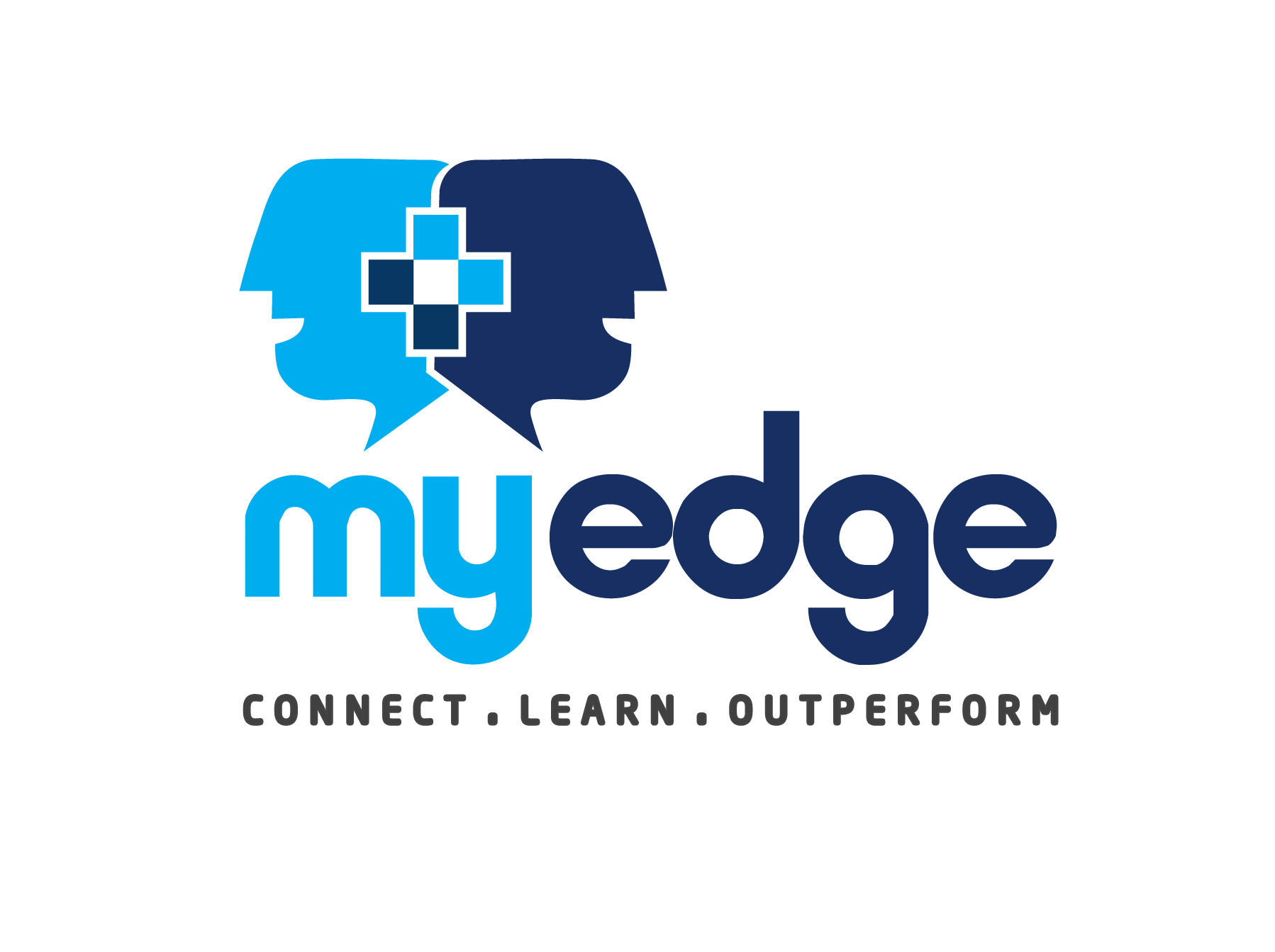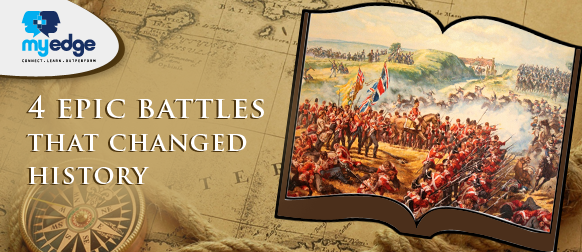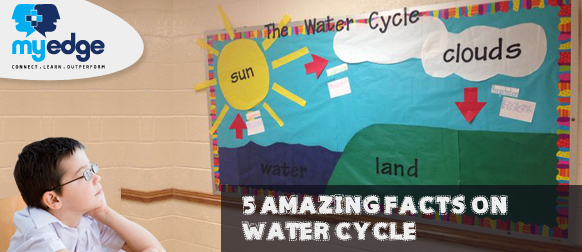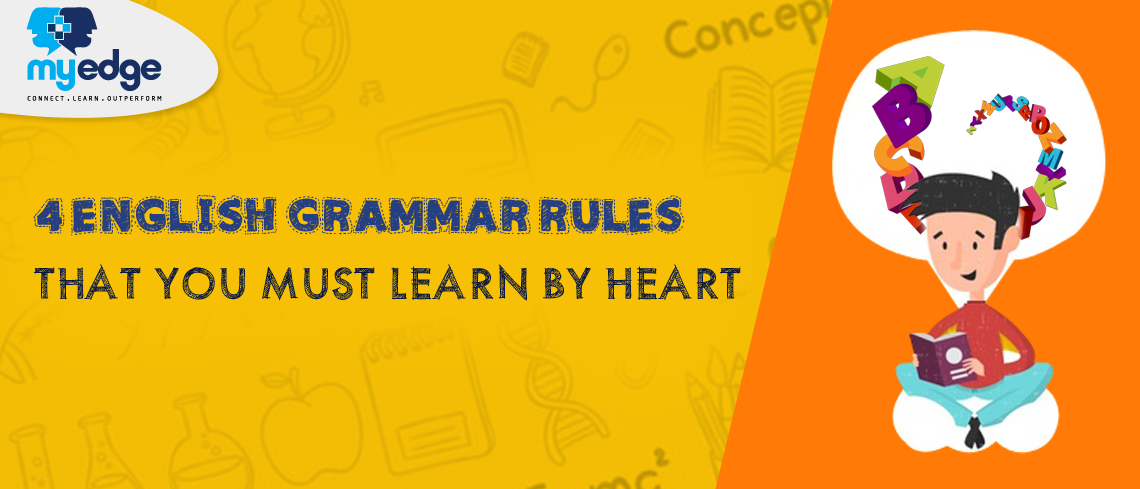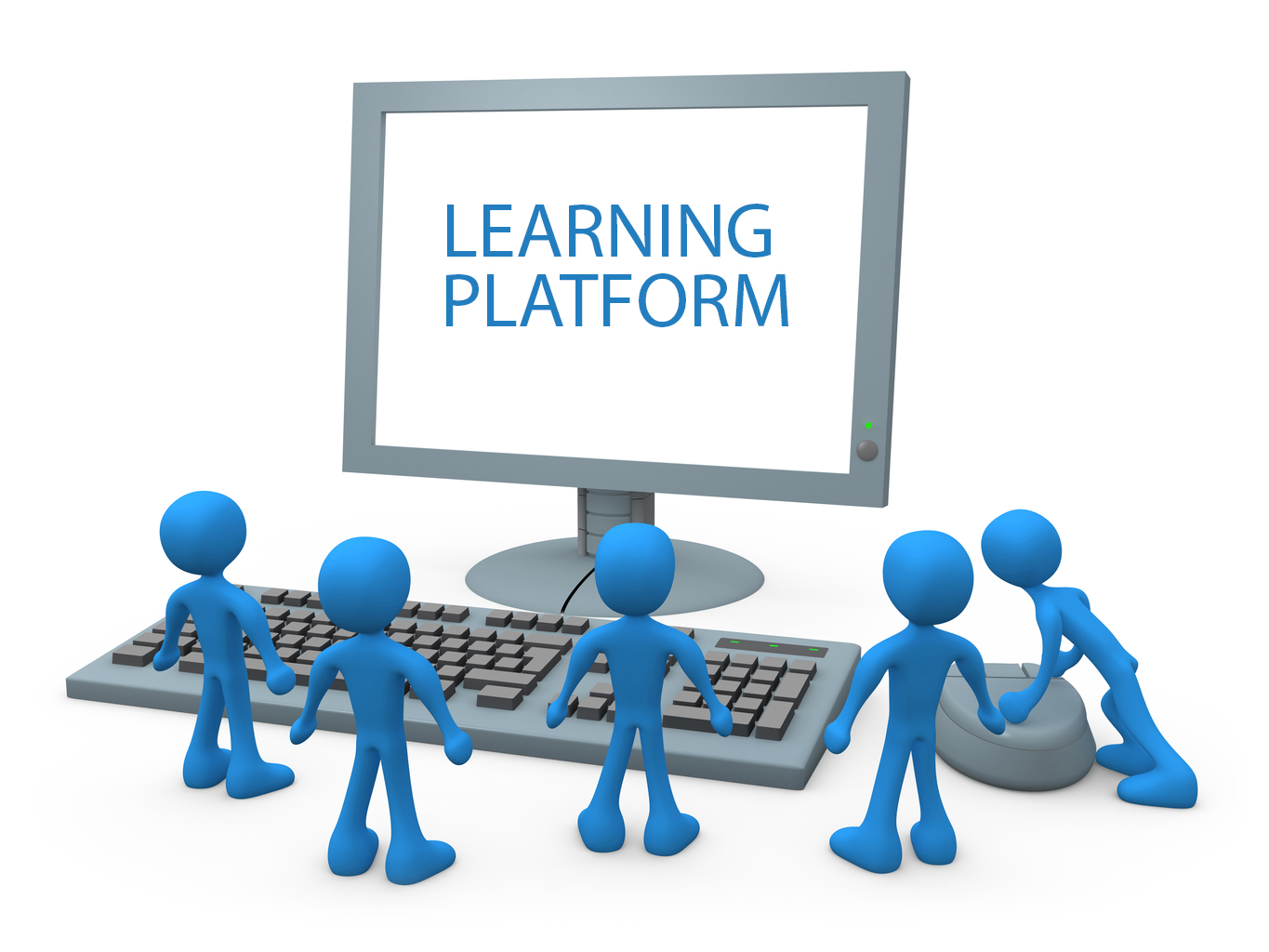By MyEdge
Technology is broadly influencing education techniques and teaching mechanisms. Teachers who can download e books and also use new age digital media are fast realizing how social learning too is fast redefining how students learn. Social learning can safely be assumed to be the changing face of 21st century digital “Gen Next” learning.
What is social learning?
If social media are a set of tools used over the Internet, such as Facebook and Twitter, then social learning is an action that utilizes that special tool. Social learning is technology oriented learning that is frictionless and revolutionary. No questions, no furor or loud disagreements or even disruptions. Social learning can be through formal set ups or even informal. The virtual classroom via the Internet is one such informal set up. There are no pre-defined curriculum and no leaders. Topics often are generated organically by students and then ensues a discussion along with collaboration and later explanation by teachers. There are no strict rules and social tools and channels are used extensively in learning patterns.
Experts suggest how there has been a “gamification” of learning concepts and students and teachers both now enjoy studying in a different way by solving school problems in collaboration. Competition is about bettering one’s knowledge than about beating another. This is why the “social” has been infused in social learning and not individual learning.
An asynchronous continuity in Q&A:
Previously school goers believed if they asked a question in class, the answer would quickly follow suit from the teacher. In social learning this question and answer continuity is asynchronous. Social learning through social networks let students free from the division of time and space. Through digital learning new possibilities, multiple answers and many more theories could be found.
A new found confidence in collaboration:
Social learning is now all about collaboration. Students themselves can read and learn online and take up the role of a teacher to a fellow student anytime. The process of learning has now a new found confidence that is basically because of collaboration and communication. Because of discussions in social platforms, students can now themselves exchange comments and learn. In fact teachers no longer play the traditional roles. There in an interplay of both teacher and student roles.
Content can be grouped and filtered easily:
In conventional classrooms, teachers learn their chapters and prepare for class, whereas in social learning environments, this is not the case. You can browse through questions by subjects, topics, tone and source over the Internet in various social platforms and also download e books. You can tag and upload concepts and theories, explanations and angles. There are numerous videos and blogs that can be read and viewed based on filtering the search criteria. You can even look for research topics similar to yours and even connect with various individuals.
With traditional teachers clearly taking a back seat, many learning companies are taking advantEDGE of social learning technologies and delivering on teaching with a difference! MyEdge is one such website that uses social technologies and virtual classrooms for tutoring and mentoring students. Isn’t it a time for you to start as well?
